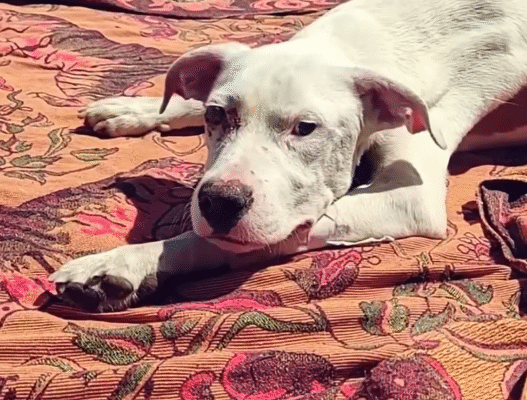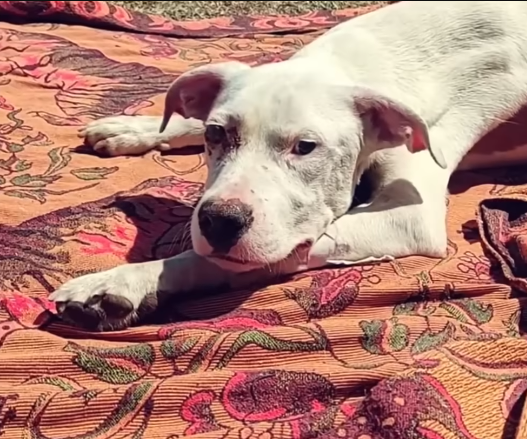
The memory arrived in shards — a soundless film that replayed in my head at the worst hours. The alley smelled of rain and old tobacco; neon signs washed the walls in jaundiced light. We hadn’t meant for it to go so far. None of us did. That thought is a small, pitiful shield people hold up when guilt comes knocking: “We didn’t mean it.” But intentions are thin things when the body on the ground is still.
He’d always been trouble, the kind that wears a friendly face. We told ourselves stories about him: a childhood that went wrong, debts, a temper no one could tame. We used those stories to make him smaller, to explain away the fear that crawled under our skin whenever he entered the room. When the argument started that night — voices flaring like matches struck too close together — the things he said pulled at scars we’d been trying not to touch. One word too many, one shove too hard, and something inside a few of us snapped.
I won’t describe that moment in detail; the way a hand moved, the way the wire slid, the way someone’s power twisted into violence. Those are images that become tools in a dangerous mind, and I refuse to hand them over. What I will say is this: people who gather out of fear and anger do not form angels. They form a clumsy sort of courage fueled by panic. By the time the room understood that he wasn’t getting up, the courage had hardened into a wall of silence.
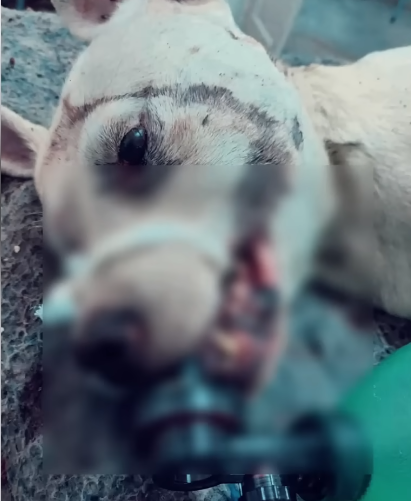
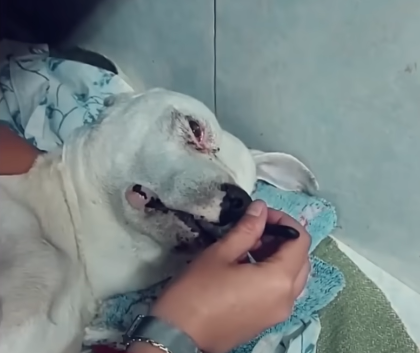
We stood there, a cluster of us, hands stained with more than dirt. Our breathing filled the space like a low, guilty music. Someone on the edge of the group made no sound at first — then they made the sound that will never leave me. It was a raw, wordless plea, the kind that comes from the place in the throat that holds every stunned, childish prayer: “Please… please… please…” We were pleading at the wrong altar. We were asking for a miracle in a place where mercy had been strangled out of existence.
Miracles are small things, I have since learned. They don’t usually arrive as blinding light or thunderous absolution. They come as an actual, cold hand on your shoulder when the ambulance takes somebody away, or as the slow, relentless arrival of the police with their notebooks, their questions, their polite but inevitable procedures. The first miracle we got was a mirror — the kind that shows you exactly what you are. When the blue lights painted our faces, the bright, clear truth of what we had done landed on us like frost. It stung. It numbed.
The legal machine moved forward with the cold precision it holds for everyone, regardless of motive. There were statements, photographs taken by hands with gloves, a quiet room where I read a list of my own words back to me through someone else’s pen. There is something uniquely brutal about speaking your guilt into the sterile air of an interrogation room; it turns your remorse into an exhibit, a thing to be filed and boxed away. In those boxes, my life was reduced to facts: time, place, names. Nothing in those boxes contained the weight of the nights after — the small, private rituals of trying to sleep, the way I would wake and think I could fix it if I just reached the right words into the dark.
The people who stayed with me later — family, a lawyer I could barely afford, the few friends who understood what it meant to be on the wrong side of a life — they all said variations of the same thing. “You must face what you did.” It sounded noble when they said it, and in its nobility it was also a kind of kindness. To face what you did is to accept that you cannot rewrite the past. It is to accept that a miracle does not mean undoing; it means making amends where amends are possible, and living out the consequences where they are not.
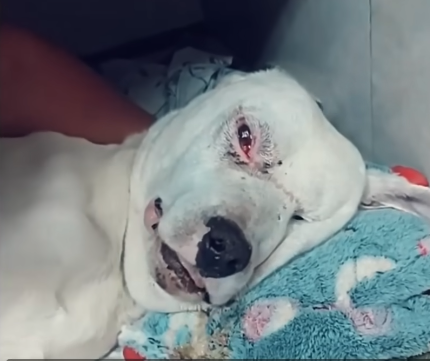
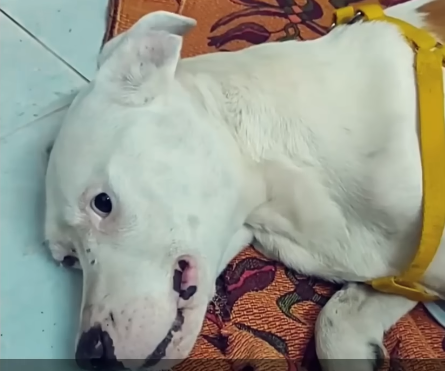
The man we hurt had a sister who came to the hearings. She sat in the front row and did not scream, did not throw herself at us. She simply watched with a sort of terrible, patient attention, like someone cataloguing every action for a ledger only she could keep. Later, she said one thing that I will carry until the day I die: “He deserved to die with someone holding his hand, not with people begging for a miracle after.” There was no cruelty in her voice; there was only clarity. Her words slashed at the heart of every cheap justification we’d made. In that moment I understood what the begging had really been — not pleading for a miracle for him, but begging for an escape from responsibility.
Forgiveness — that’s another strange, slippery word. There are people who told us that forgiveness would come, that time heals and maybe our contrition would find a place in someone’s forgiveness. There are also those who said forgiveness isn’t owed, that some acts demand more than words, and justice cannot be replaced by tears. Both things were true, and both things hurt. I learned that contrition is private and messy, while justice is public and formal. The two do not always meet.
Months turned to years. The court did its slow, heavy work. I did mine in the form of labor that was quiet and regular: letters that tried to say the unsayable, community service in places designed to make you look at living things and remember responsibility, therapy that taught me to hold my hands differently. None of those things is miraculous. None of them will ever put a life back into someone else. But they did something else — they drew a line, however faint, between who I had been that night and who I could choose to be after.
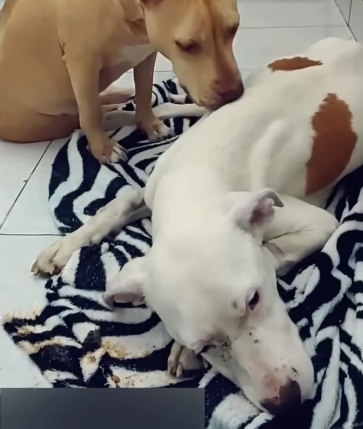
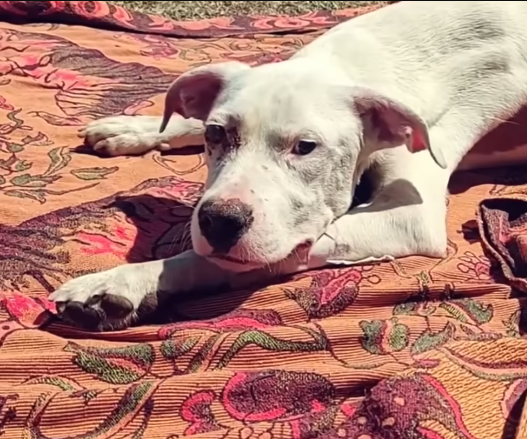
People will ask why I tell this story now. Maybe it’s an attempt at confession, or maybe it’s an offering to anyone who thinks violence can be the answer. That night taught me how quickly a single choice can topple a life. It taught me that the words “we didn’t mean to” are the most dangerous words of all, because they let you step away from responsibility while keeping the comfort of self-justification. It taught me that begging for a miracle while your hands are stained is a kind of cowardice.
There are no miracles that undo what happened. There are, however, small redemptive acts: the sister’s quiet reckoning with the world, the community that rebuilt a memorial on a cold, rainy afternoon, the friends who stood by us not to excuse but to support the hard work of repair. These are not dramatic; they are persistent. They are the only kind of miracles I came to trust.
If this story can make anyone stop before they let anger rule their hands, then perhaps some small good has been carved from the ruin. If it offers anything at all, let it be this: action has consequences, and mercy asked for after the harm is done is a sort of hollow prayer. The real work is to live in a way that prevents the harm in the first place — to speak before you strike, to walk away when your heart is a dangerous thing, to ask for help when your anger feels like a storm.
We stood there begging for a miracle. In the end, the miracle we received was not the undoing of a fate, but the brutal, slow chance to become less monstrous than we had been. It is a hard road and a small consolation, but it is the only one we were given.
